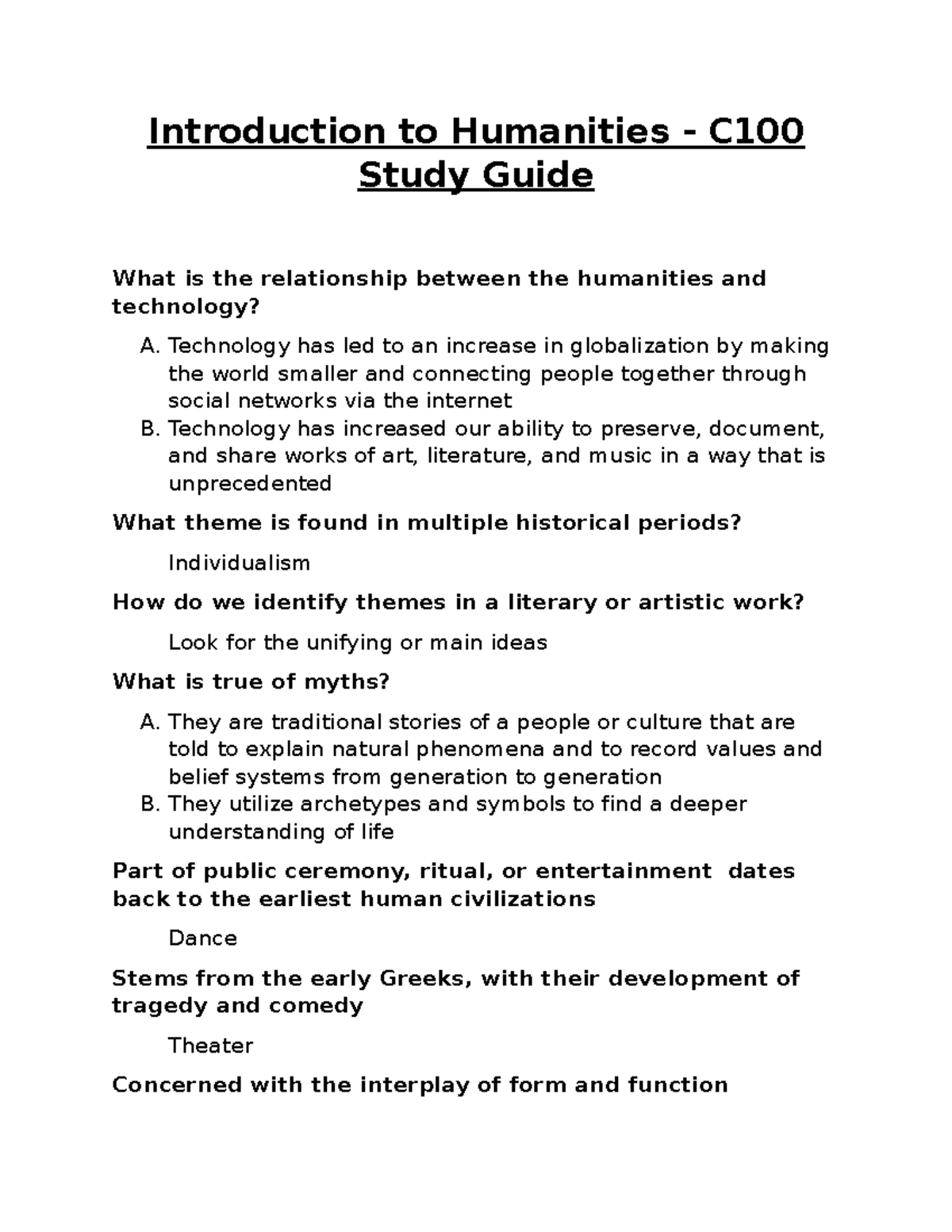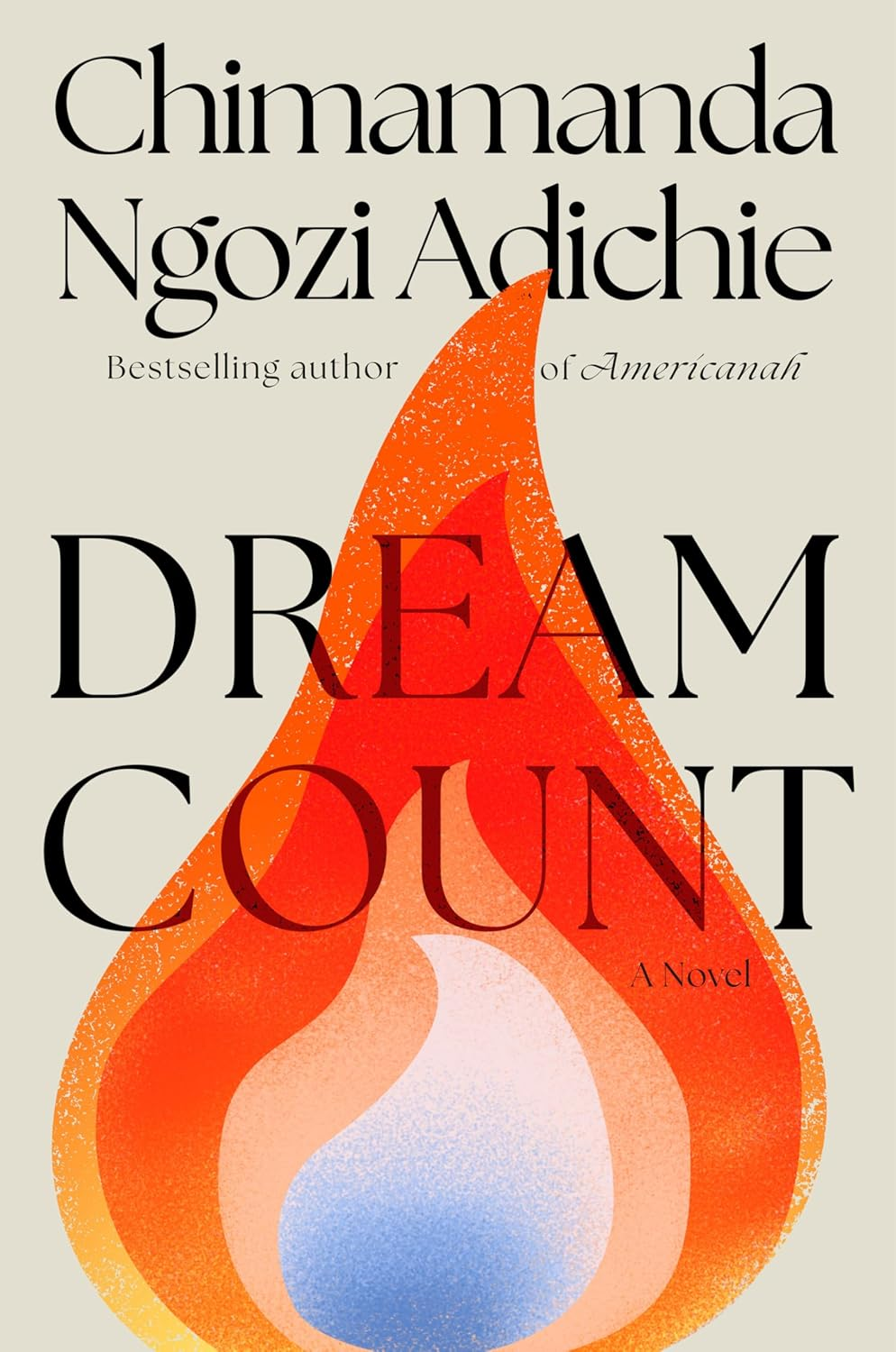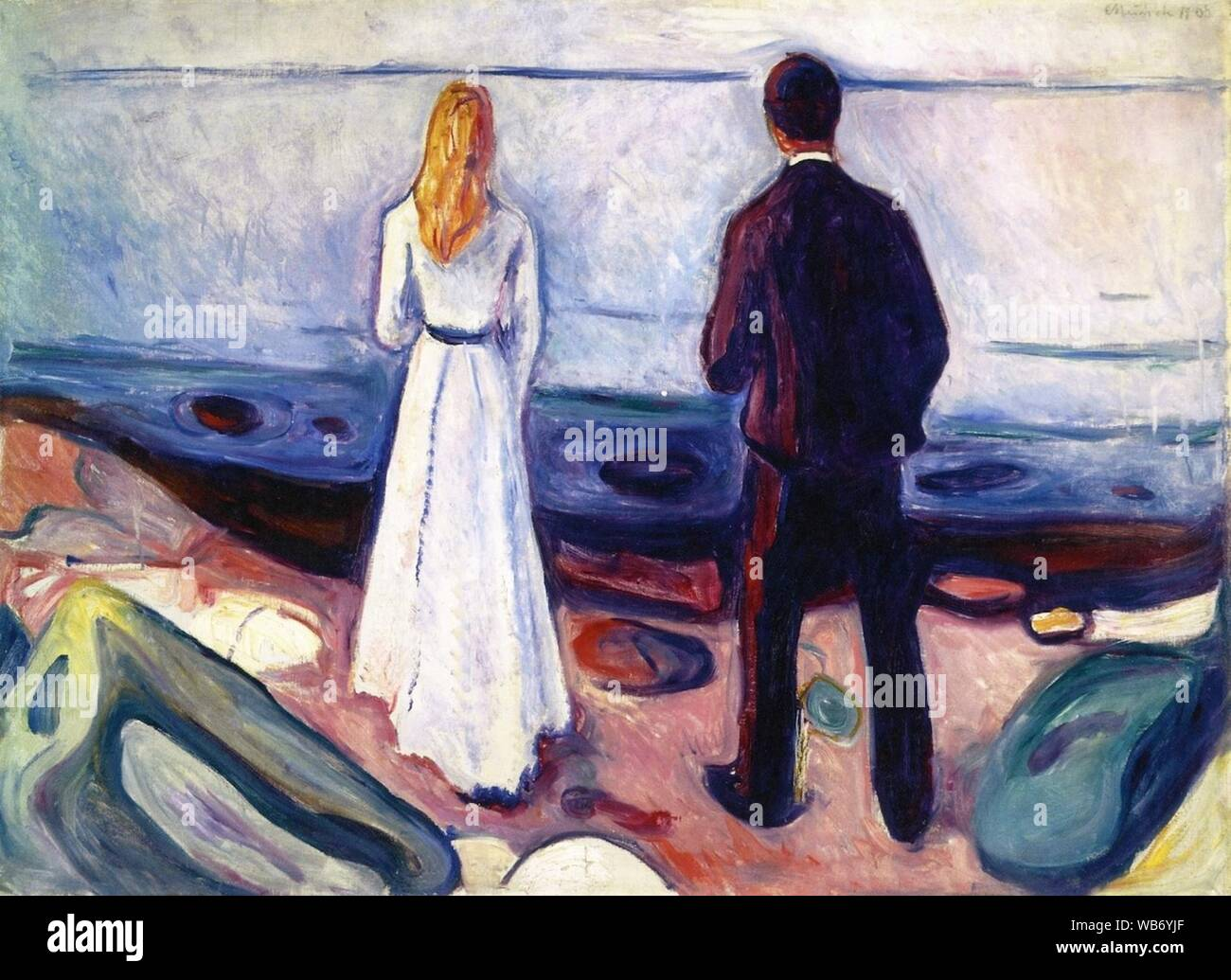Introductory humanities courses serve as a vital entry point for first-year students, opening up a world of exploration in arts and humanities education. As universities grapple with declining humanities enrollment, these foundational classes aim to engage students more deeply and cultivate a lasting appreciation for the subject. Professors are innovating the humanities curriculum, designing courses that resonate with diverse student interests and backgrounds. By ensuring that the content is both relevant and thought-provoking, these programs enhance student engagement in humanities. Ultimately, introductory humanities courses not only enrich academic pursuits but also foster critical thinking and cultural awareness essential for navigating an increasingly complex world.
Freshman courses in the humanities play a crucial role in introducing students to the rich tapestry of human experience through literature, philosophy, and the arts. In the current educational climate, where interest in these fields appears to be waning, it’s essential that these initial classes captivate and inspire new learners. The innovative approach towards crafting these essential introductory courses reflects a commitment to rejuvenating engagement within the arts and humanities landscape. As future scholars embark on this journey, they are invited to explore the profound themes that shape societal narratives, fostering a deeper connection to cultural studies and humanistic inquiry. These gateway classes pave the way for a generation that appreciates the significance of humanities in understanding the human condition.
Engaging First-Year Students in the Humanities
The introduction of nine new introductory humanities courses aims to significantly boost engagement among first-year students at Harvard. With a focus on innovative topics and teaching methods, these courses are designed to resonate with the interests of incoming students, helping them overcome the common trend of declining enrollment in the humanities. By addressing subjects that students find relatable, such as migration, technology, and the human experience, the initiative hopes to rekindle enthusiasm and foster a deeper appreciation for the arts and humanities.
Dean Sean Kelly emphasizes the importance of making these introductory humanities courses captivating and relevant. Recent studies indicate that while many first-year students express initial interest in the humanities, a substantial percentage ultimately shift their focus elsewhere. To counteract this trend, these new offerings not only showcase the intrinsic value of humanities education but also provide a foundation that enhances critical thinking and empathy among students. By creating engaging course content that speaks directly to contemporary issues, the hope is to transform students’ perceptions of their educational journey.
Innovative Approaches in Arts and Humanities Education
As part of their response to declining enrollment, the faculty has taken a proactive stance by reimagining the arts and humanities curriculum. One approach includes the collaboration between different departments, linking literary analysis with creative writing to develop a comprehensive understanding of human expression. This fusion of critical and creative thinking is essential to cultivate well-rounded scholars who can navigate the complexities of human culture.
Courses like “Reading for Fiction Writers” are excellent examples of how Harvard’s humanities curriculum is innovating. By intertwining the critical examination of texts with creative composition, students learn that effective writing stems from being an attentive reader. This holistic perspective not only enhances students’ appreciation for literature but fundamentally transforms their ability to articulate their narratives and understand diverse viewpoints.
The Impact of Curriculum Innovation on Humanities Enrollment
Curriculum innovation is at the heart of revitalizing interest in the humanities, as evidenced by the introduction of new courses designed to appeal directly to students. The strategic choice of topics—ranging from the medical humanities to the intersection of culture and context—directly addresses the interests of the modern student body. By reflecting contemporary concerns and inquiries, these courses invite students to engage deeply with the humanities in a way that feels relevant and impactful.
Moreover, the success of initiatives such as the ‘Bob Dylan the Classic’ course illustrates the potential for curriculum innovation to resonate with a broader audience. By linking traditional humanities frameworks with popular cultural phenomena, educators can dismantle the misconceptions surrounding humanities subjects, showing students how classical topics remain relevant today. This approach can be a crucial factor in reversing the trend of declining humanities enrollment, as it makes the subject matter accessible and engaging for all students.
Student engagement through Arts and Humanities Courses
The new introductory humanities courses have been meticulously structured to ensure that they engage first-year students meaningfully. By including diverse themes and interactive methods of learning, the courses aim to create an educational environment that invites participation and curiosity. Courses such as “Migration and Border Crossing in Film and Photography” not only introduce students to key humanities concepts but also emphasize the relevance of these issues in today’s world, making the study of arts and humanities both timely and compelling.
This emphasis on engagement is rooted in recognizing the shifting landscape of higher education, where students are increasingly looking for relevance in their studies. By curating course content that aligns with contemporary cultural discussions, humanities educators can foster a space where students feel that their voices matter and that their learning experience is connected to real-world issues. This could play a pivotal role in maintaining student interest and encouraging sustained enrollment in the humanities.
Combating the Decline in Humanities Interest
The ongoing decline in humanities enrollment is a pressing concern in higher education, and initiatives like the new introductory courses at Harvard represent a strategic response. By engaging faculty in conversations about curriculum design, the initiative aims to address the disconnect that often exists between what is taught and what captivates students. It is essential to recognize that this enrollment decline is not just a numbers game; it reflects broader shifts in cultural values and educational priorities.
To effectively combat this trend, institutions must innovate their approaches to teaching humanities. This means designing courses that not only cover traditional material but also incorporate modern themes, technological advancements, and interdisciplinary perspectives. By reshaping the humanities narrative to align with student interests and societal needs, higher education can reclaim its role in fostering critical thinking and cultural literacy among graduates.
The Role of Faculty in Shaping the Humanities Experience
Faculty play a crucial role in shaping the humanities experience for students, and their input has been invaluable in developing the new introductory courses at Harvard. The collaborative effort between professors across various disciplines ensures a rich exchange of ideas that enhances the curriculum. By involving faculty in the innovation process, the institution acknowledges their expertise and commitment to fostering student engagement and success.
As seen in successful courses like Professor Gina Schouten’s ‘Sex, Love, and Friendship’, the enthusiasm and passion of faculty can significantly enhance the learning environment. Faculty members are not merely educators; they are facilitators of thought-provoking discussions that encourage students to explore complex ideas related to human experience. Their ability to connect with students and inspire curiosity can make all the difference in revitalizing interest in the humanities.
Reassessing the Value of Humanities Education
Reassessing the value of humanities education is essential in this era of educational reform and shifts in student interests. Dean Sean Kelly’s vision emphasizes the importance of highlighting the intrinsic value of the humanities, which extends beyond mere academic achievement. By encouraging students to engage with texts and philosophies that explore the human condition, educators can illuminate the relevance of the humanities to everyday life and future careers.
In this context, courses that explore fundamental human questions, such as the purpose of art, the nature of friendship, and the impact of technology on society, become not just academic requirements but vital components of a well-rounded education. By undertaking this reassessment, institutions can convey to students that a foundation in the arts and humanities is essential for developing critical thinking skills, cultural awareness, and a sense of social responsibility.
Creating a Culture of Artistic Inquiry
Creating a culture of artistic inquiry is another important initiative within the new introductory humanities courses at Harvard. By challenging students to question norms, investigate artistic expressions, and engage with diverse cultural narratives, these courses aim to foster an environment where critical thought is not only encouraged but celebrated. This approach contributes to a more vibrant intellectual community where students feel supported in their explorations.
Courses that address contemporary social issues, historical contexts, and various forms of media allow students to connect their studies with broader societal conversations. For example, examining film and literature’s portrayal of migration enriches students’ understanding of these issues and encourages them to think critically about their implications. Establishing a culture that prioritizes artistic inquiry ultimately benefits not only the students but the broader academic community by promoting dialogue and collaboration.
Fostering a Lifelong Appreciation of the Humanities
Fostering a lifelong appreciation of the humanities begins with engaging first-year students in courses that are thoughtfully designed to instill curiosity and critical thinking. The newly launched humanities courses at Harvard aim to accomplish this by integrating diverse subjects that reflect students’ interests and current societal debates. By nurturing this love for the humanities early on, institutions can help students see these fields as vital to their ongoing personal and professional development.
Engaging with great literature, art, and philosophy not only enhances students’ academic skills but also enriches their lives. As they learn to engage with complex ideas and cultural expressions, they become more empathetic and informed individuals. This appreciation of the humanities can lead to greater civic engagement, creativity, and a deeper understanding of global perspectives, ultimately benefiting both the individual and society as a whole.
Frequently Asked Questions
What are introductory humanities courses and how do they benefit first-year students?
Introductory humanities courses serve as an entry point for first-year students into the field of arts and humanities education. These courses often explore critical themes related to human culture, literature, philosophy, and the arts. By engaging in these foundational studies, students gain essential skills in critical thinking, analysis, and communication, which can enhance their academic journey and personal development.
How are new introductory humanities courses addressing the issue of declining humanities enrollment?
New introductory humanities courses have been designed to counter declining enrollment by making the curriculum more engaging and relevant for first-year students. This innovative approach aims to attract more students to the arts and humanities by focusing on contemporary issues and relatable content, rather than traditional canon debates that may deter interest.
What innovative topics are being introduced in first-year humanities courses at universities?
Universities are introducing a variety of innovative topics in first-year humanities courses, such as ‘Migration and Border Crossing in Film and Photography’ and ‘Humanity, Technology, and Creation’. These subjects reflect current societal issues, helping to connect students with the intrinsic value of humanities while encouraging greater engagement in their studies.
How do introductory humanities courses enhance students’ understanding of human culture?
Introductory humanities courses enhance students’ understanding of human culture by providing frameworks for exploring pivotal questions about existence, ethics, and artistic expression. Through critical examination of texts, films, and cultural artifacts, students learn how to analyze and interpret human experiences, fostering a deeper appreciation for the diverse narratives that shape society.
What role do introductory humanities courses play in shaping a student’s future academic path?
Introductory humanities courses play a crucial role in shaping a student’s future academic path by providing valuable insights into the discipline’s methodologies and questions. They offer foundational knowledge that allows students to make informed decisions about their concentrations, encouraging them to explore further areas within the arts and humanities that align with their interests.
Why is it important for first-year students to engage with the humanities curriculum?
Engaging with the humanities curriculum is important for first-year students because it cultivates critical thinking, empathy, and cultural awareness. These skills are vital for personal growth and success in any field, as they promote an understanding of diverse perspectives and the complexities of human experience, encouraging well-rounded, informed citizenship.
How do faculty innovations in introductory humanities courses reflect broader cultural trends?
Faculty innovations in introductory humanities courses often reflect broader cultural trends by incorporating contemporary issues and themes that resonate with students. This responsiveness to societal changes can foster a greater interest in the humanities, as courses are designed to reflect and engage with ongoing discussions relevant to students’ lives and the world around them.
What impact do introductory humanities courses have on students’ appreciation for literature and art?
Introductory humanities courses significantly impact students’ appreciation for literature and art by exposing them to diverse works and encouraging critical analysis. By exploring significant literary and artistic movements, students develop a nuanced understanding of the cultural context and significance behind these works, promoting lifelong engagement and appreciation for the arts.
Are innovative introductory courses in the humanities attracting more students?
Yes, innovative introductory courses in the humanities are attracting more students by offering fresh perspectives and engaging content that resonates with first-year students. As these courses address contemporary issues and emphasize the value of humanities education, they encourage students to participate more actively within these fascinating disciplines.
| Key Point | Description |
|---|---|
| New Introductory Courses | Harvard will offer nine new courses in the Division of Arts and Humanities to captivate first-year students. |
| Engagement through Relevance | Courses are designed to highlight the relevance and intrinsic value of the humanities. |
| Previous Enrollment Issues | 12% of first-years are interested in humanities, but many change their minds due to unengaging courses. |
| Inspired Course Designs | Courses will address fundamental questions beneficial for various career paths, influenced by changes in the Department of Philosophy. |
| Innovative Course Offerings | Courses cover diverse topics, such as Medical Humanities, Migration in Film, and the human aspects of technology and literature. |
Summary
Introductory humanities courses play a crucial role in introducing students to the rich tapestry of human culture and thought. With nine newly designed courses launching at Harvard, students will engage deeply with subjects that not only encourage academic exploration but also personal growth. These courses aim to rectify previous issues of declining enrollment by presenting the humanities as vital and relevant to contemporary life. Through innovative teaching strategies and an emphasis on the intrinsic value of the humanities, these courses are poised to inspire a new generation of students and foster a lifelong appreciation for the arts and culture.



